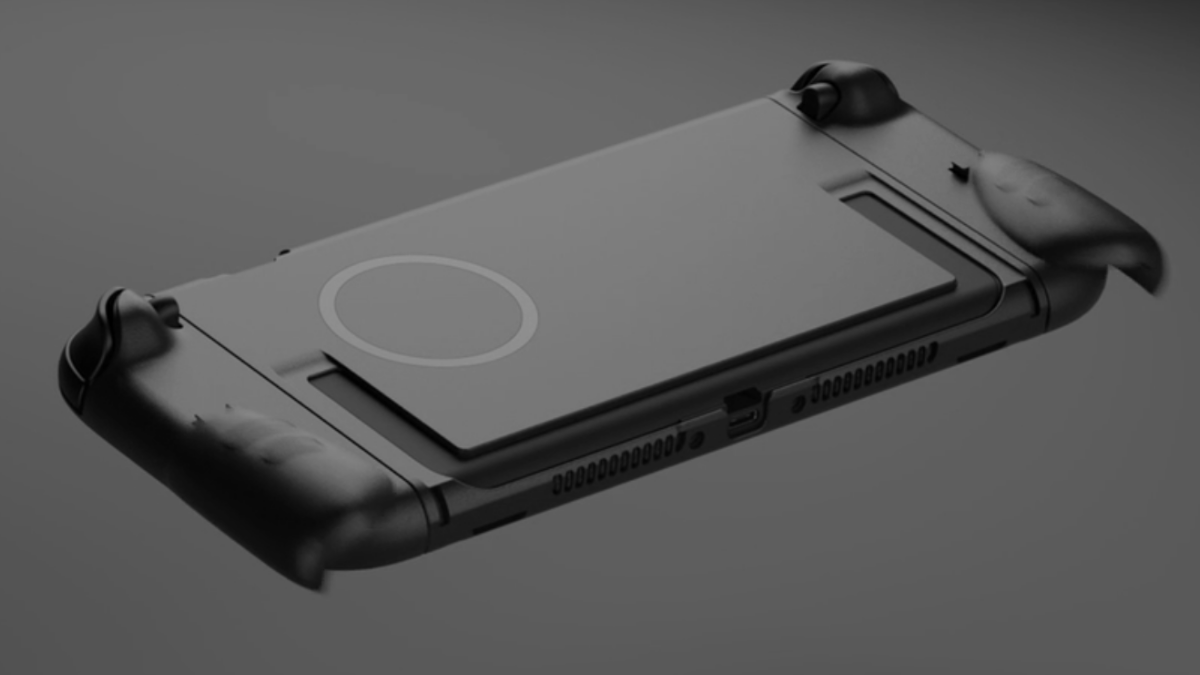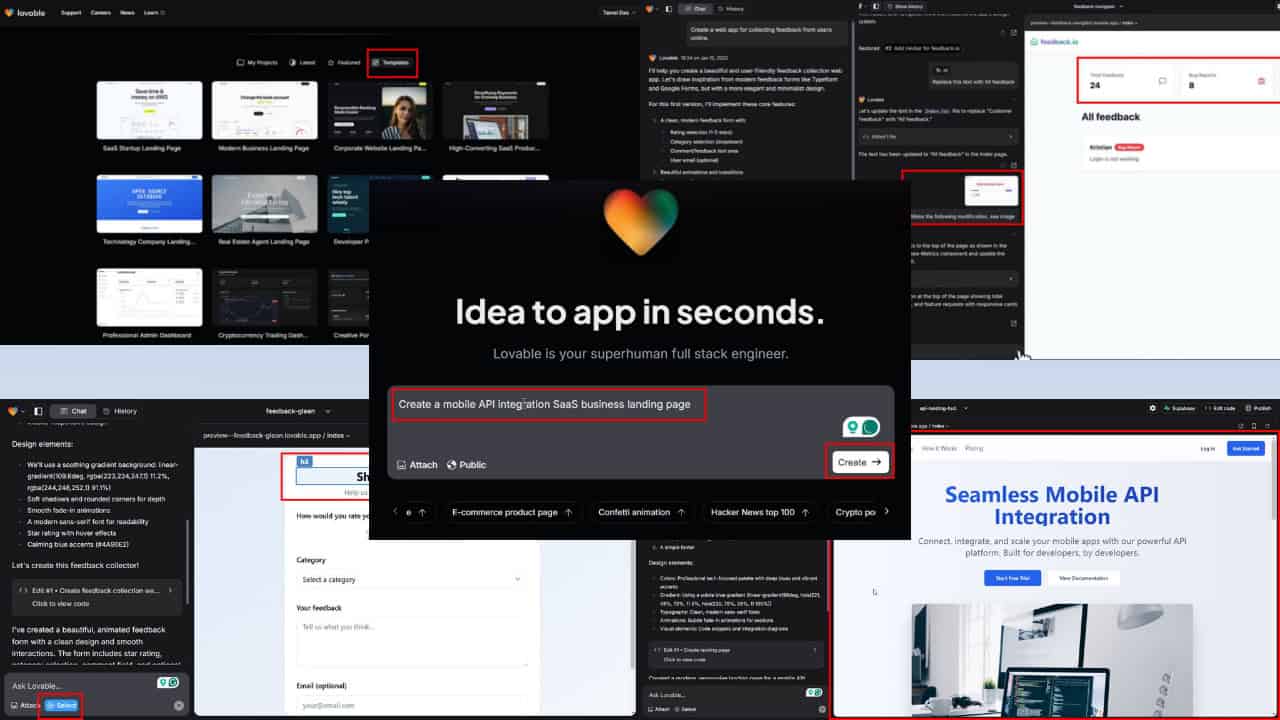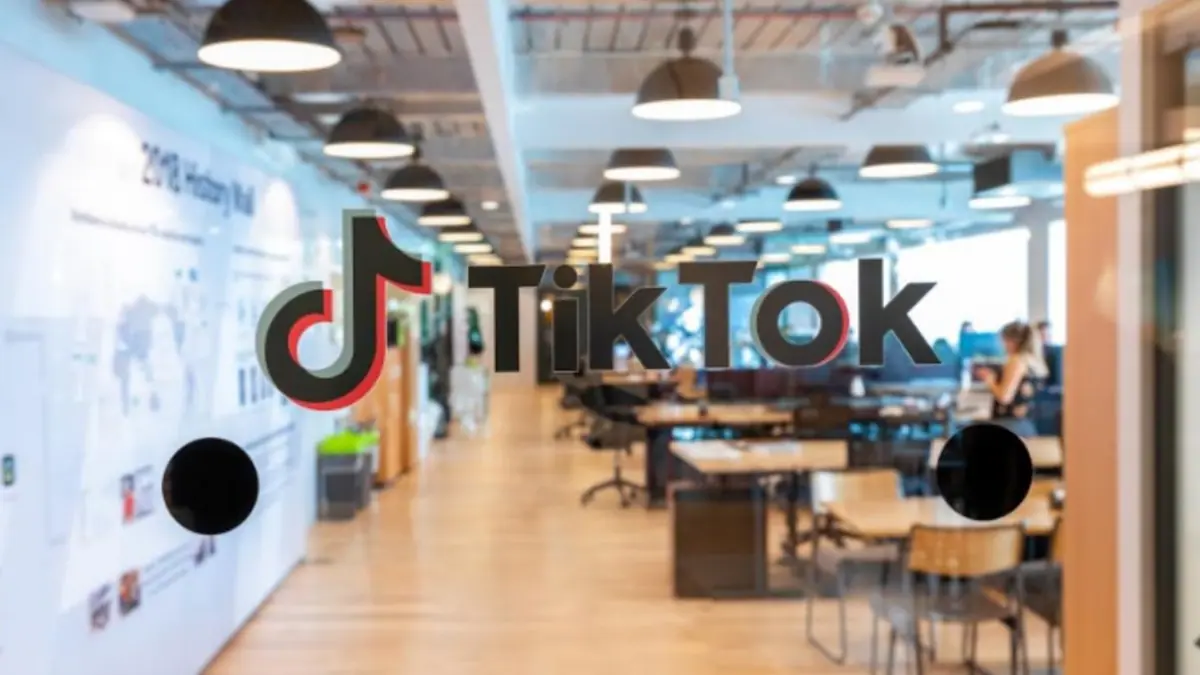US Department of Defence to modernize IT by increasingly using Microsoft Azure, Windows 10
2 min. read
Published on
Read our disclosure page to find out how can you help MSPoweruser sustain the editorial team Read more

In an effort to modernize their IT systems the Pentagon’s Joint Regional Security Stacks will increasingly use cloud technology while the Pentagon itself move to more off-the-shelf technology such as Windows 10, said former DOD Chief Information Officer Terry Halvorsen.
He noted that previously when using government-only systems by the time a technology was deployed it had already become obsolete.
“Let’s start moving at the speed industry can move,” he said.
Roughly 90 percent of DOD operating systems will be on Windows 10, Halvorsen explained.
Microsoft’s Azure Government has recently received a Provisional Authorization (PA) for DoD Impact Level 5 from the Defense Information Systems Agency. This will allow United States Department of Defense (DoD) organizations the ability to plan, assess, and authorize workloads for Impact Level 5 controlled unclassified information (CUI). It includes those workloads supporting National Security Systems as well as mission critical data transiting, or being stored or processed within the Azure Government cloud.
The elasticity and flexibility delivered by Azure provides enormous benefits to DoD customers. It is simpler, quicker, and more cost-effective to scale-up a workload in the cloud than it is to go through traditional hardware and services procurement processes when working on-premises, or in DoD data centers. For example, to procure new multi-server hardware, even for a test environment, may take many months, and require the approval of significant capital expenditure. By contrast, using Azure, a test migration for an existing workload can be configured in weeks or even days, and in a cost-effective manner (when the test is over, the environment can be torn down with no ongoing costs).
“Deploying JRSS enables the department to inspect data, retrieve threat and malware data on the network and troubleshoot, patch, protect and defend the network,” a DISA statement said.
“It’s the first time we have done all this with completely off-the-shelf equipment. That’s a big culture change that I think will sustain,” said Halvorsen.









User forum
0 messages